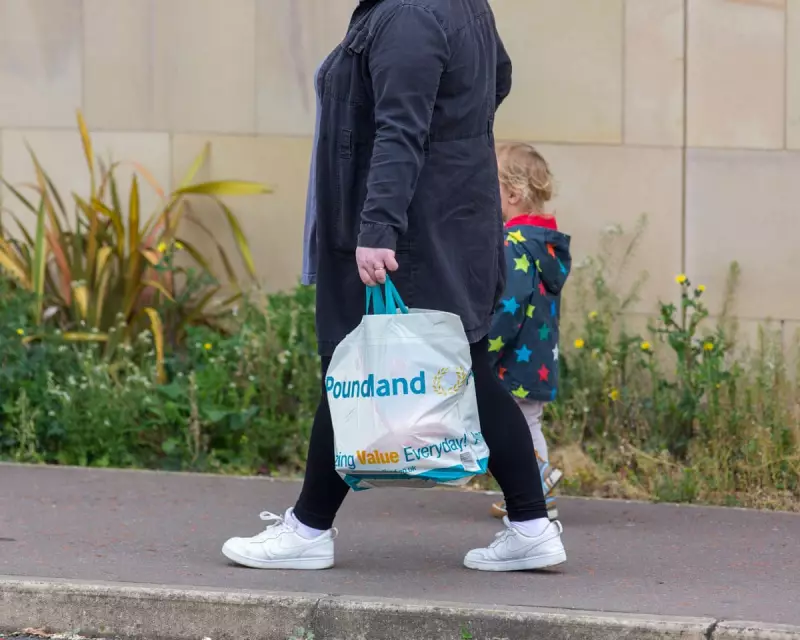
Britain is facing a devastating child poverty epidemic, with shocking new figures revealing that 4.3 million children now live below the breadline—a staggering increase of 1.5 million since the controversial two-child benefit cap was introduced in 2015.
The Human Cost of Policy
Behind these alarming statistics lie heartbreaking stories of families forced to choose between heating and eating, children going to school hungry, and parents working multiple jobs yet still unable to make ends meet. The policy, which restricts child tax credit and universal credit to the first two children in most households, has been described as "the single biggest driver of child poverty" by leading charities.
Regional Disparities Exposed
The crisis hits hardest in already disadvantaged areas, creating a postcode lottery of opportunity. Northern regions and major urban centres bear the brunt of this policy, with poverty rates soaring in communities still recovering from decades of economic neglect.
Experts Sound the Alarm
Leading economists and child welfare organisations have united in condemnation of the cap, presenting overwhelming evidence of its damaging effects. Research shows that:
- Poverty directly impacts children's educational attainment and health outcomes
- The long-term economic cost far exceeds any short-term savings
- Removing the cap would immediately lift 250,000 children out of poverty
Political Stalemate
Despite cross-party consensus among child welfare experts, the policy remains politically entrenched. The current government defends it as "promoting fairness" for taxpayers, while opposition parties hesitate to commit to its removal due to concerns about electoral consequences.
A Generation at Risk
Child poverty isn't just about empty stomachs—it's about stolen potential. Children growing up in poverty are:
- More likely to experience poor physical and mental health
- Less likely to achieve educational success
- More likely to face poverty as adults
As Britain grapples with this man-made crisis, the question remains: how many more children must pay the price for political ideology?





